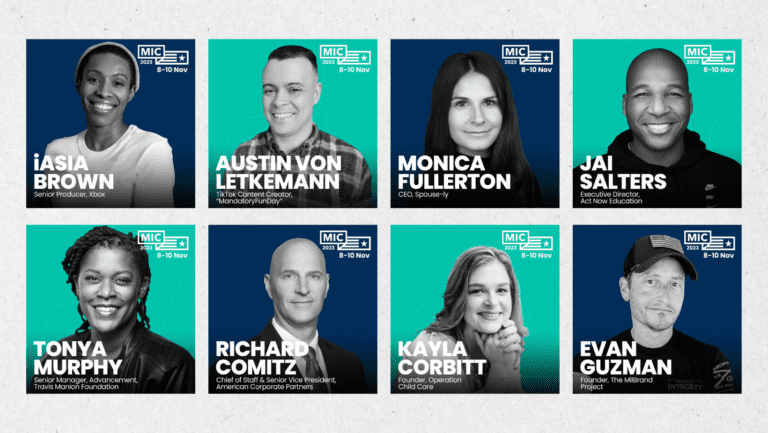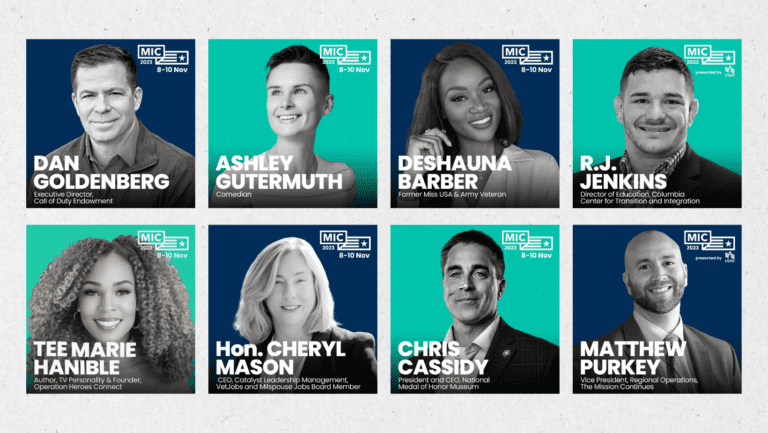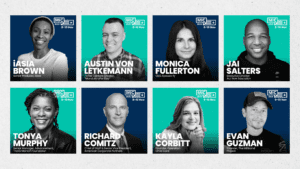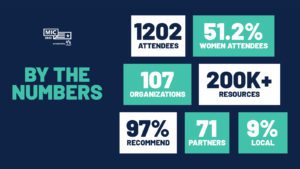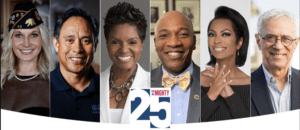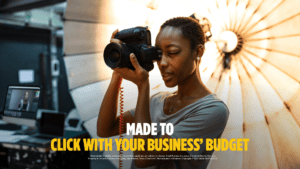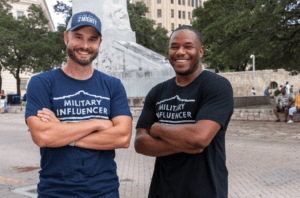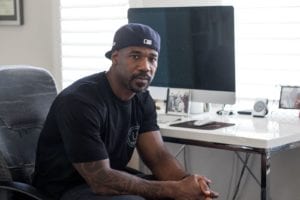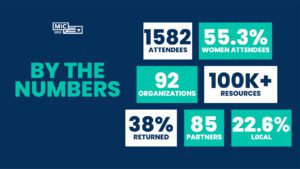

Q&A with Cody Horton, Founder of Diverse Recruiting Experts
- by
- Lakesha Cole
Cody Horton, Founder of Diverse Recruiting Experts, has over 20 years of leadership, training, and recruiting experience. Working for some of the most recognized companies globally such as Walmart and Deloitte, he has extensive experience leading talent acquisition teams and driving diversity initiatives. Through his years as a diversity talent recruiter, his passion for the industry has only grown.
The following are a few highlights of our Q&A.
Lakesha: Please tell our readers a little about your background and experience.
Cody: I served in the Navy for 14 years. When I joined the Navy, I went through a program called BOOST (Broadened Opportunity for Officer Selection and Training), designed to get women and people of color into the Navy’s officer ranks. My recruiter was intentional about doing that, and as a result, the program changed my life. So, while I was in the Navy, I earned my undergrad and master’s degree. Thanks to the I.T. work that I did in the Navy, when I got out, my first job was with Microsoft.
After working for several prominent corporations all over the country and having this big passion for recruiting and diversity, I wrote a business plan. Subsequently, that plan was launched, and it started Diverse Recruiting Experts. The focus has been on trying to get more women and people of color into jobs that may be inaccessible otherwise. It’s all a direct result of my initial experience with diversity and inclusion in the Navy.
Lakesha: Diversity and inclusion are often lumped together, but they carry different meanings. How do you define the two?
Cody: If I keep it simple, diversity means different. So, when you look at diversity, it’s people with different backgrounds, experiences, races, ethnicities, orientations, and preferences.
Someone once told me that with diversity, you get invited to the party. Inclusion is when you help plan the party. Your ideas are being heard. When you have a seat at the table, you feel like you can have your respected value in that organization. Inclusion is the foundation of having a company with a competitive edge. You can produce better products when you’ve included someone in that process of development, which brings a different perspective.
Lakesha: What are some of the necessary steps a brand should take to be more diverse and inclusive?
Cody: You’ve got to make sure that your brand resonates with a broader audience. It is about making sure the brand language and your job description is inclusive. There are tools that you can use to make sure that happens. Here is a perfect example:
Sometimes when we write, we write at a 12th-grade level. A great deal of the population does not read at that level and likely will not pay attention to your content or be able to process it in the same way as others. So, I use tools like Hemingway that help you write at the grade level of the audience to make the content more considerable and relatable.
Lakesha: How can business owners make diversity a priority?
Cody: You have to start with the end in mind. Ask yourself these questions: What’s the worst-case scenario? What is the workforce that you want to see? Who is the customer that you want to serve? It’s essential to be intentional and mirror your expectations in the workplace and workforce you want to see. People buy from people they relate to and that they like. You’re not going to get it right every time, but you shouldn’t freeze and run from it. You have to take risks, and when you don’t know things, do some research and ask for help.
Lakesha: Talk to us a little bit about the importance of cultivating diverse relationships?
Cody: Cultivating diverse relationships lets us support, learn from one another. We should make friends and build relationships with people who are of different races, religions, ethnicities, genders, and socioeconomic status and who attend different schools and live in different neighborhoods. To do this, I think the best thing that you can do is get good at saying hi and get good at just reaching out. You can’t be afraid of showing up. Having diverse relationships gives you a greater range of resources to tap into.
For more insight from Cody Horton, visit Diverse Recruiting Experts on YouTube.
YOU MAY ALSO LIKE
MIC Updates
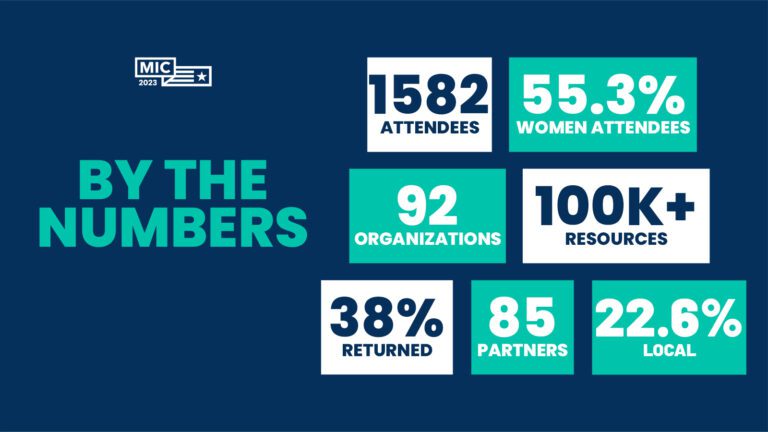
Behind The Numbers Of MIC 2023
